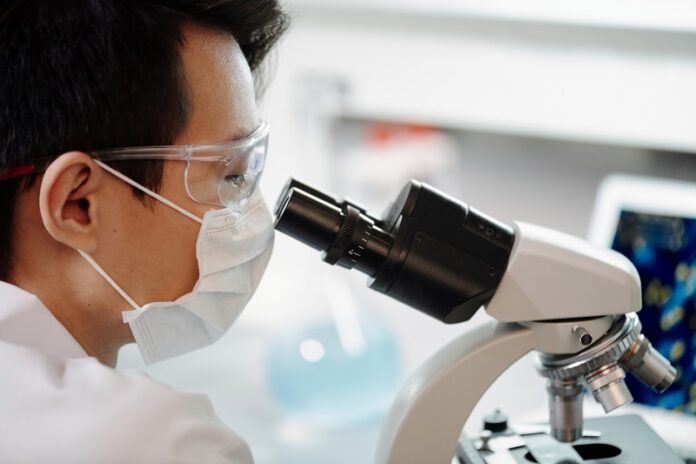The World Health Organization had worked out a correlation between the consumption of red meat and the chances of developing colorectal cancer. Since then, several other studies focusing on the link have been undertaken, but none so far has been able to pinpoint the exact causation, until now.
A study by the journal Cancer Discovery has identified a specific DNA mutation that can now account for the relationship between cancer and meat.
The research conducted by the Dana-Farber Cancer Institute in Boston was headed by researcher and oncologist Marios Giannakis, who sequenced 900 colorectal cancer patients DNA and discovered a common mutation.
The analysis of DNA sequencing showed the presence of mutational signatures inside normal and cancerous colon tissue – a form of DNA damage. The signature was associated with pre-diagnosis intake of fish, poultry or any other lifestyle factors.
In line with several other studies linking cancer incidence with red meat consumption in the distal colon, Giannakis and his colleagues found that cancerous and normal tissues had higher alkylating damage from the distal colon than from proximal colon. Alkylation is associated with patients who had both processed and unprocessed red meat before their respective diagnosis.
“We have known for some time that consumption of processed meat and red meat is a risk factor for colorectal cancer,” Giannakis was quoted as saying in a interview. He is currently the assistant professor of medicine at Harvard Medical School and a physician at Dana-Farber Cancer Institute.
“What is missing is a demonstration that colorectal cancers from patients have a specific pattern of mutations that can be attributed to red meat,” he observed. “Identifying these molecular changes in colon cells that can cause cancer would not only support the role of red meat in colorectal cancer development but would also provide novel avenues for cancer prevention and treatment.”
With the help of a predictive model, the researchers zeroed down on the KRAS and PIK3CA genes as the targets for alkylation-induced mutation. Giannakis found that patients with the highest mutation had a 47% greater risk for colorectal cancer as opposed to individuals with a lower level of damage. Medical practitioners are now looking for this alkylation in patients and advising people who show this mutation to cut off red meat completely from their diet.
This research comes shortly after the joint research carried out by Catalan Institute of Oncology, World Health Organization and the Imperial College in London where it was deduced that diets rich in meat, dairy and sugar increased chances of developing breast cancer by 12%.



